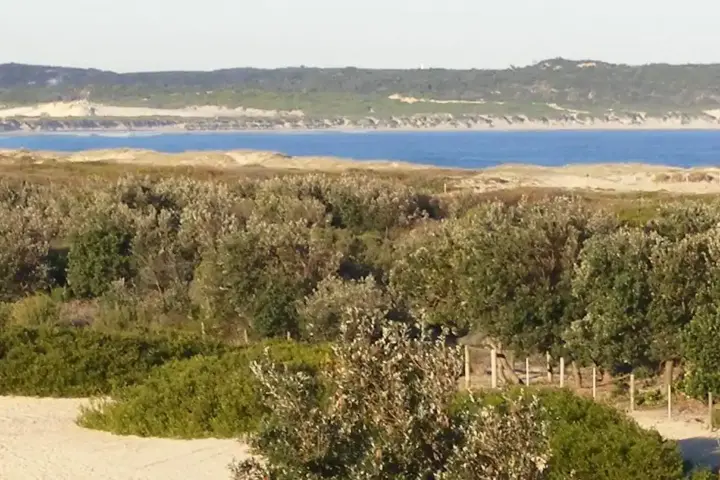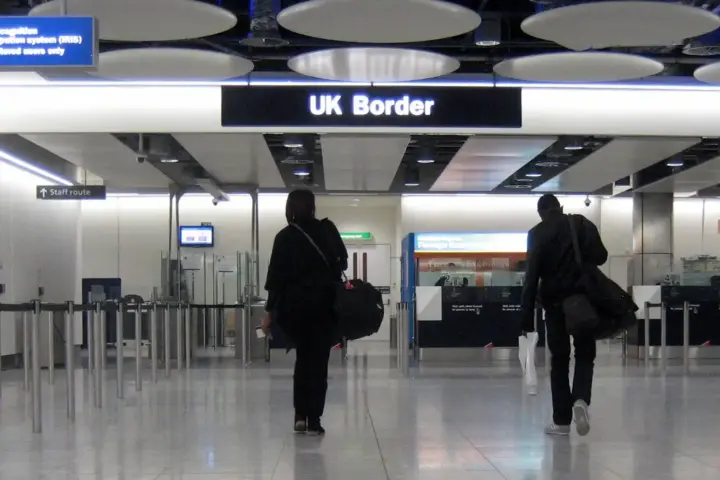Nearly seven million older retirees will miss out on the full state pension increase next April, despite the government’s commitment to the triple lock policy.
The triple lock ensures that state pensions rise each year by the highest of inflation, wage growth, or 2.5%. With current wage growth running at 4.6%, the full “new” state pension is projected to increase by £551 to £12,524 a year in April 2026.
However, this full increase won’t apply to everyone. Around 8.4 million retirees are on the “old” state pension system, and 6.9 million of these older retirees also draw money from an additional earnings-related pension, known as SERPS (State Earnings-Related Pension Scheme) or additional state pension. These additional elements only rise with inflation each year, not the triple lock.
Since the latest inflation figure is lower at 3.8%, these older pensioners will receive a smaller overall increase compared to their younger counterparts who are on the newer pension system introduced in 2016.
“It often comes as a surprise to people that different elements of their state pension can rise by different amounts each year,” explains Steve Webb, a former pensions minister who now works at pension consultants LCP.
The basic part of the old state pension benefits from the triple lock, but the SERPS or additional state pension has always been linked to inflation. When earnings growth exceeds inflation, as it does now, the overall increase for older pensioners is smaller.
This split system creates what experts call a “hidden layer” of pension poverty. Becky O’Connor from PensionBee warns: “It’s tempting to fall into the trap of thinking all older people are going to benefit disproportionately from state pension increases compared to working people. But the state pension system is complicated, and millions of older people do not get the increases.”
The triple lock rise will be confirmed in October, based on September’s inflation figure and average wage growth between May and July. Until then, these projected figures remain estimates.
Another growing concern is that the full new state pension is approaching the income tax threshold, which is frozen at £12,570 until 2028. If the pension continues to rise with the triple lock while tax thresholds remain static, more pensioners could find themselves paying income tax on their state pension.
The Office for Budget Responsibility has warned that rising life expectancy combined with the triple lock could push the cost of state pensions to £200 billion by 2073. The state pension age is already set to rise from 66 to 67 by 2028, and to 68 by 2046. These changes reflect the ongoing challenge of balancing pension increases with the long-term sustainability of the system, while millions of older pensioners continue to receive less than the headline triple lock increase might suggest.
















